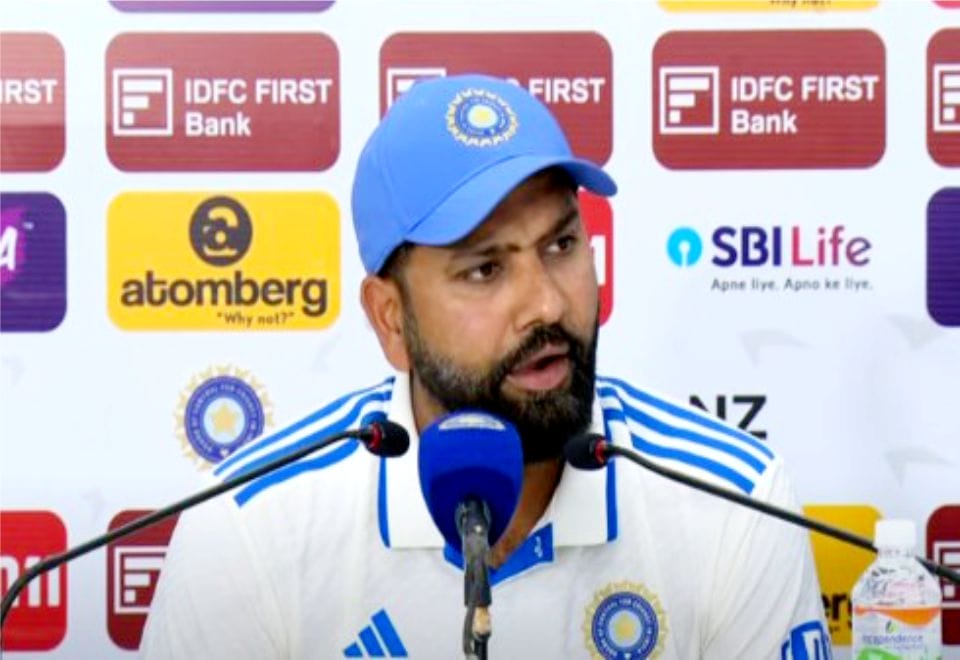Former Pakistan cricket captain Shahid Afridi has strongly criticized the selection choices for the upcoming tour of New Zealand. Speaking at a local hotel during a media interaction, Afridi expressed his disappointment over the squad changes, questioning the logic behind key selections and omissions.
Overworked Players Need Rest
Afridi emphasized that continuous cricket can lead to player fatigue, and the management should prioritize giving players proper rest. He pointed out that this applies to every player, whether it’s Babar Azam or anyone else on the team. “Players need to be managed wisely. Overburdening them will only impact their performance negatively,” he remarked.
First-Class Players Sent on Tour
Highlighting concerns over team composition, Afridi criticized the decision to send inexperienced first-class cricketers on an important international tour. “The selectors have chosen players with minimal first-class experience, some having played only 10 or 11 matches. Is this really the right approach for assembling a competitive squad?” he questioned.
Selection Mistakes: Pacers Over Spinners
Afridi also took issue with the team’s bowling attack, saying that where spinners were required, pacers were instead included. “Pakistan’s selection strategy seems flawed. The team should be picked based on the conditions they will be playing in,” he explained.
Questioning Coaching Methods
The former all-rounder also commented on the coaching setup, specifically mentioning former batting great and coach Mohammad Yousuf. He noted that Yousuf is training players to play against off-spin, but at the international level, such skills should already be developed. “Pakistan’s national team is not a place for learning basic skills; players should be fully prepared before reaching this level,” Afridi asserted.
Talented Players Ignored
Afridi expressed disappointment over the lack of opportunities given to talented cricketers like Usman Khan and Mohammad Hasnain. “These promising players have been kept on the sidelines for far too long. If you don’t give them chances, how will they develop? Not every pitch will allow scores of 200-plus; we need a balanced approach,” he said.
Calls for Stability in PCB and Team Leadership
The former captain stressed the need for long-term stability in Pakistan cricket, both in the coaching staff and in the Pakistan Cricket Board (PCB). “Pakistan cricket doesn’t just need a permanent head coach; it also needs a stable PCB chairman,” he stated.
Afridi supported the decision to give Babar Azam extended opportunities as captain but criticized the short-term leadership given to Mohammad Rizwan. “Babar got enough time to prove himself as a captain, but Rizwan was only given six months. That’s unfair,” he added.
Lack of a Strong Domestic System
Afridi believes that Pakistan’s cricketing structure lacks a proper system compared to other countries. “Other nations follow a structured approach, while we have a disorganized setup. If our domestic performers are not given a fair chance, how will we build a strong national team?” he questioned.
Need for Bench Strength and Tactical Awareness
The former star also pointed out the lack of depth in the team, particularly in fast bowling. “I have always said that bench strength is crucial. If Shaheen Afridi is unavailable, his absence should not weaken the team significantly,” he said.
Afridi also criticized the modern batting mindset in Pakistan cricket, where players often try to emulate his aggressive style. “Big-hitting excites fans, but cricket is a game of intelligence and adaptability. A skilled batter must read the situation, rotate the strike, and construct an innings wisely,” he concluded.
Final Thoughts
Afridi’s remarks highlight key issues in Pakistan’s cricket setup, including inconsistent selection policies, lack of long-term planning, and mismanagement of talent. His candid criticism serves as a wake-up call for the PCB and coaching staff to adopt a more strategic and structured approach to team development.



